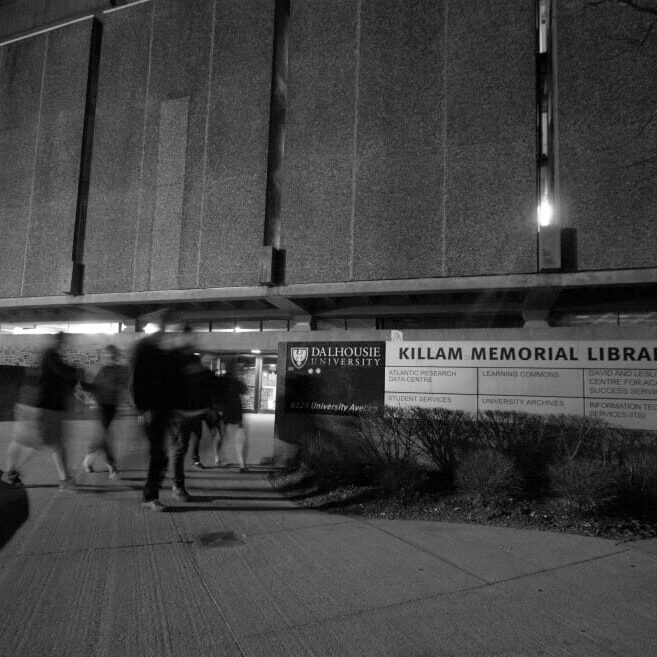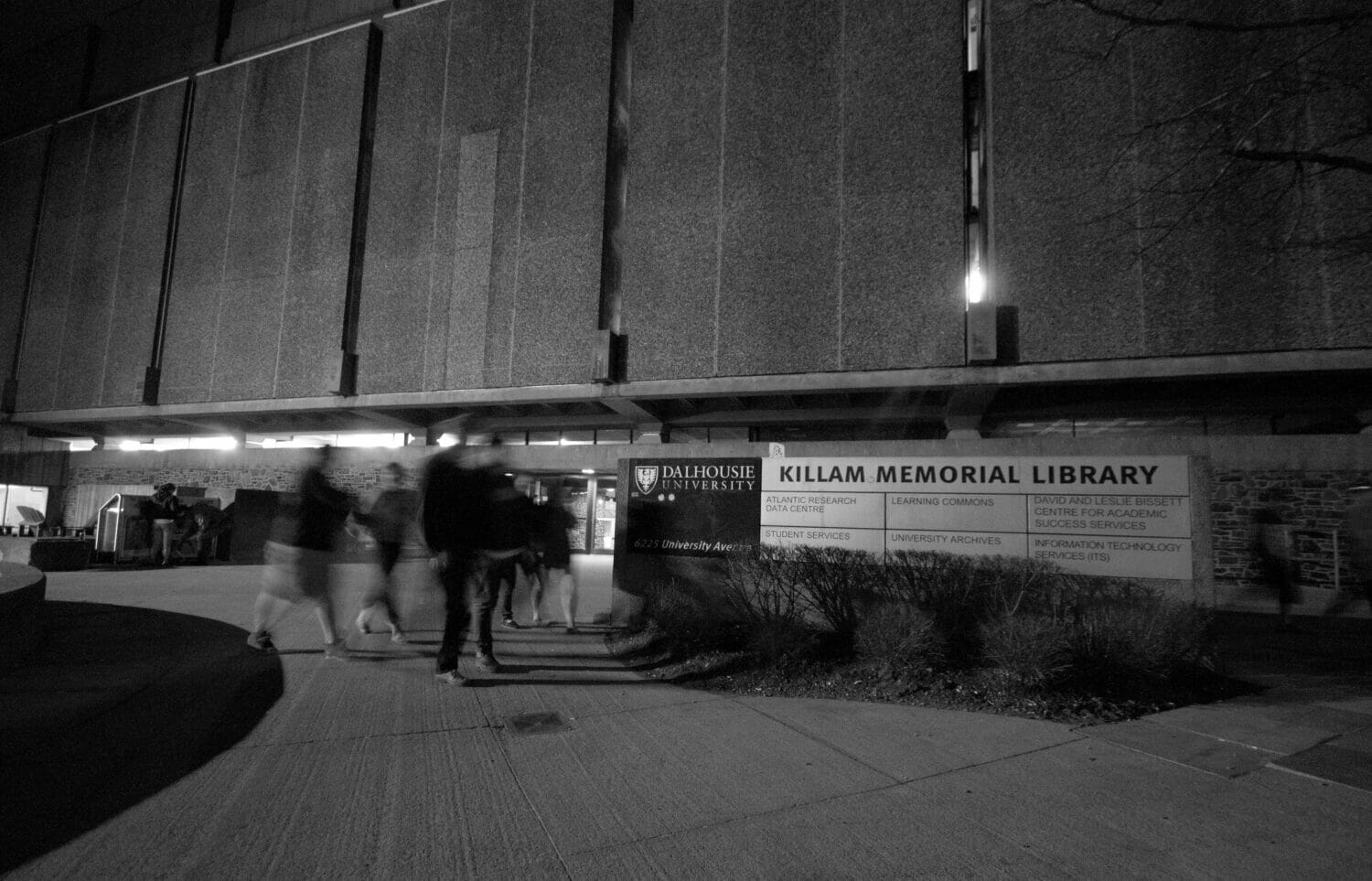
Masters of Library Information Science (MLIS) student Alison Froese-Stoddard believes stories can keep community archives alive. She and others discussed related issues at the Royal Society of Canada’s (RSC) “The Status and Future of Canada’s Libraries and Archives” on Nov. 8.
The talk featured a panel of experts but audience participation was encouraged for discussion, questions and advice.
University of Alberta’s chief librarian Ernie Ingles argued that putting materials from community archives into provincial ones might be better to ensure their availability for future generations. But Bedford’s Scott Manor House volunteer archivist Warren Ervine suggested the donors of these materials like knowing where their archives are, and wouldn’t want the materials to be moved to a provincial archive.
“I see vision, particularly in volunteers,” Froese-Stoddard said. “If only we could stop being bogged down with trying to make it through the fiscal year.”
Froese-Stoddard believes that the Council of Nova Scotia Archives helps small community archives thrive, but that no national level supports them. In writing her thesis on sustaining community archives, she discovered that Canada is unique in its emphasis on community archives rather than getting bits of information from government archives.
RSC plans to have similar discussion acrossthe country on the future of Canada’s libraries and archives. The tour has already been to Yellowknife, Calgary, Edmonton, Montreal, Vancouver, Ottawa and Winnipeg, and plans to go to Quebec City and Toronto.
The information gathered will be turned into a report, and submitted to a peer review, as well as circulated by the RSC to both federal and provincial ministries, boards of education and the association that consulted in these discussions.
“The vision of a young, soon-to-be practitioner, in a school, in the [Dalhousie] LIS program, is every bit as powerful,” Ingles said.
“You have as much as responsibility to write that letter as does the provincial archivist, as does the Library and Archives Canada. And perhaps, I would suggest to you, you might be listened to more than them.”
Dalhousie librarian Donna Bourne-Tyson sees how even the larger libraries are struggling to stay alive. Some publishers have stopped selling books to libraries because of the small financial gain. “If libraries are trying to be a public good and provide access, regardless of somebody’s ability to pay, whether a student or a member of the public, we can’t do that if we can’t acquire materials,” she said.
Despite all these facts, the MLIS students at the talk all expressed a desire to remain in the field, hoping to solve these problems.
“I got into this because I was so fascinated in community histories,” said Froese-Stoddard, “and I am so interested in the people of Canada and in stories.”







